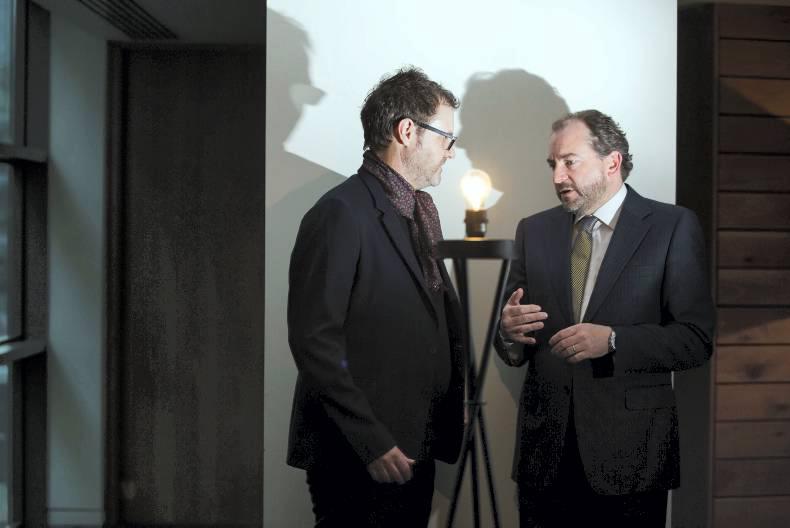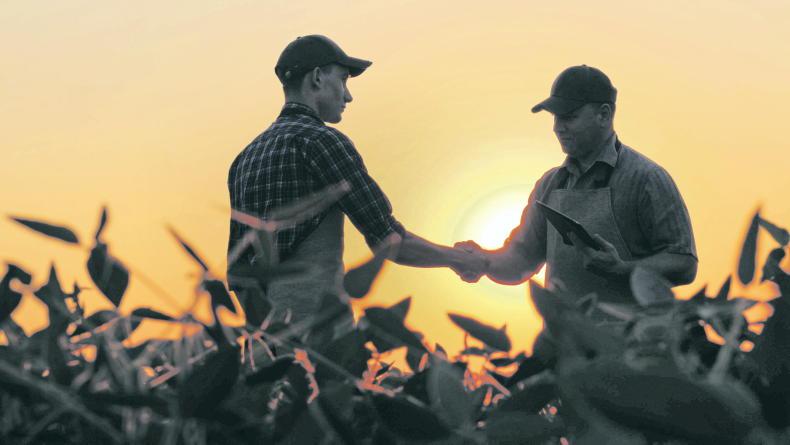When approached by a solar development company, there are a number of legal aspects involved. Speaking to the 300 delegates at the recent Energy Cork conference, solicitor Elaine O’Driscoll broke the legalities of solar projects down into a number of key contracts involved.
1. Exclusivity Agreement
Firstly there is an exclusivity agreement between the developer and landowner. It is a confidential agreement that ceases all discussions with third parties and allows for initial surveys to be carried out.
2. Option Agreement
The option agreement then identifies the site and allows the developer to do tests and surveys. Essentially the option agreement is put in place for the planning and consultation stage of the project and can exist for one to five years, depending on the agreement. It puts a certain number of restrictions on land use and gives the developer the right to call for a lease.
“The option agreement favours the developer over the landowner,” said O’Driscoll, managing partner of PJ O’Driscoll & Sons Solicitors. “The reason for that is the resources and time that the developer has to put in trying to see if he can bring a solar project to fruition. He has to be in a position to pull out if things don’t go right.”
The contract usually lasts for a period of two to three years with an option to renew. During the option period, the developer will make a planning application and he or she will be allowed to bring machines on site without interference from the landowner. If the landowner wants to “lease to some third party farmer he has to have the right to basically take surrender in the event that the developer wants to exercise his option”.
3. Lease Agreement
A lease agreement is generally for 25-year to 30-year terms and is agreed up front at the point of the option being signed. The site is formally mapped and it provides the developer with rights of way for access and services. The landowner may have continued restricted use of the land depending on the contract.
The lease agreement is “going to deal with the developer’s right to enter that site, construct the panels and any ancillary structures: security, fencing and so on”, said O’Driscoll.
“It may provide for right of way to other land owned by the developer, and bear in mind there may be a requirement for rights of way through third-party land. It may provide that the developer is going to re-lay or reconstruct access roads.”
Within these contracts there’s usually going to be a right for the landowner to retain use of the land, but it is fairly restricted use (ie grazing of sheep).
“A tricky part of these leases from a farmer’s point of view is fairly strong clauses whereby he can’t interfere with the solar project,” said O’Driscoll, who is also the chair of Energy Cork’s finance and investment committee.
“He can’t interfere with it in terms of letting livestock on to it or in any way allowing damage or shadow in terms of plantation around the site. But they are quite widely drafted clauses which extend over all his retained land to some extent so the farmer has to be quite conscious that if he has large amounts of retained land, he is going to have to be aware of the restrictions on him.”
Rent will be specified as either index linked or turnover rent in the lease agreement and it will also specify the insurance taken on by the developer, usually public liability and staff insurance.
“The developer will be maintaining the plant and, of course, removing it at the end of the lease,” said O’Driscoll. “Or indeed there may be an option in the agreement for the landowner to hold on to the plant, depending on the negotiation.
“Finally, there may an option in the lease for an extension of the time after it expires at the end of a 25- or 30-year term.”
4. Solar Farm Maintenance Agreement
Finally, there is a Solar Farm Maintenance Agreement which specifies who is responsible for the upkeep of the site. This could include grass and weed control, monitoring for vandalism, upkeep of access routes and/or movement of livestock.
Other legal considerations to bear in mind are neighbouring landowners, existing leasing or licences on the land, bank consent and other alternatives such as unconditional contracts.
Energy Cork shines the light on solar
Watch and listen: are solar panels worth considering on your shed?









SHARING OPTIONS